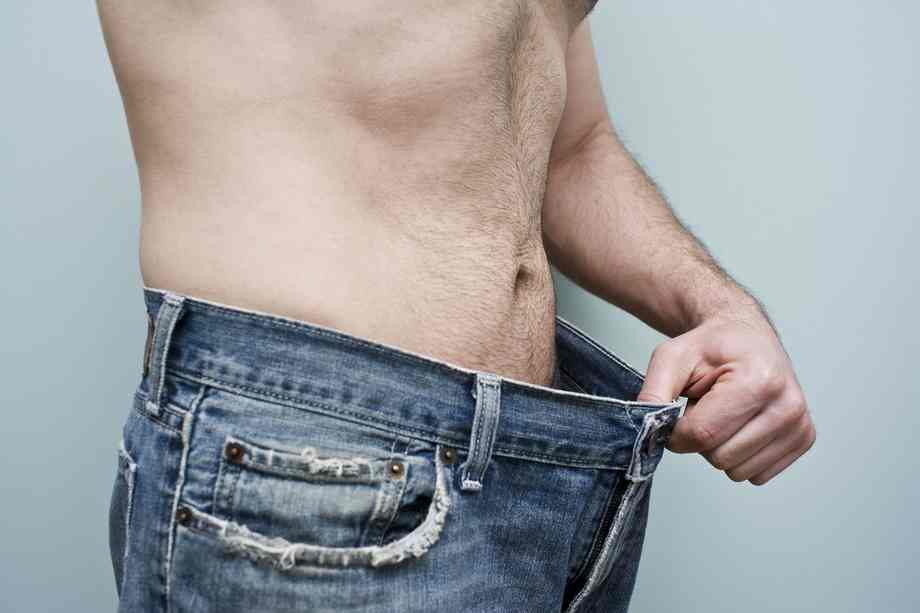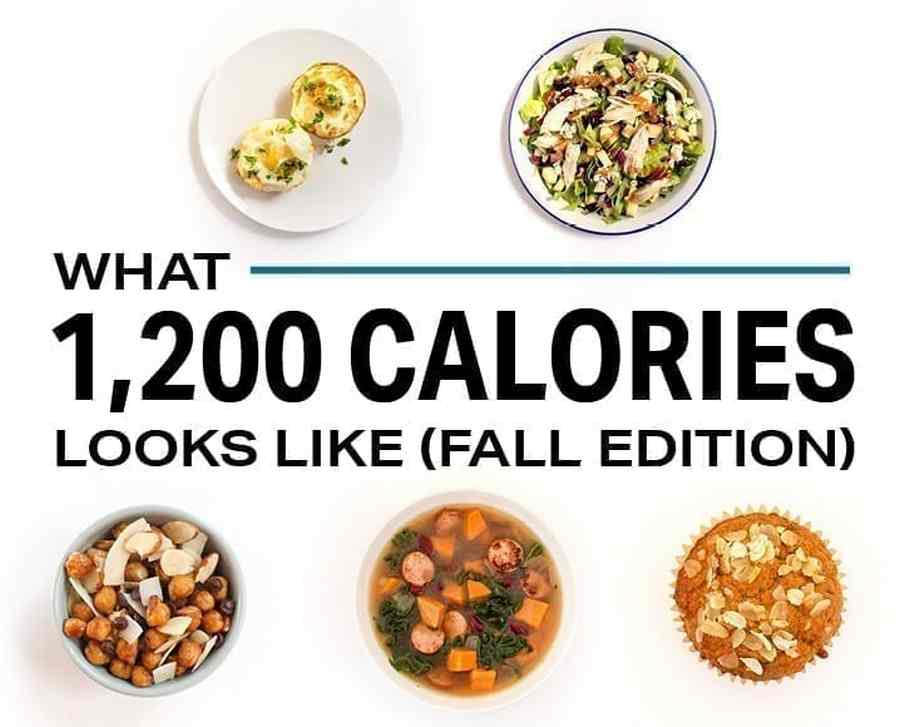You’ve most likely heard breakfast is an important meal of the day. Though with the recognition of intermittent fasting, a number of persons are skipping their morning meal — particularly these attempting to shed weight. However, a brand new research printed within the Journal of Scientific Endocrinology & Metabolism may make a convincing case for not simply consuming breakfast if you wish to shed weight, but in addition consuming a massive breakfast.
THE SCIENCE
Researchers adopted 16 younger male individuals for 2, three-day durations. Throughout one, the lads ate an enormous breakfast (69% of their energy), normal-sized lunch (20% of their energy), and a small dinner (11% of their energy). In the course of the different, they ate a small breakfast, normal-sized lunch, and an enormous dinner on the identical percentages. The overall energy for every meal sample have been the identical.
The researchers took a number of measures to make sure extra correct outcomes: Contributors stayed within the laboratory throughout the experiment, and all ate the identical meals. Additionally they caught to the identical sleep schedule and have been advised to keep away from train.
Over the course of every three-day interval, the researchers measured the individuals’ blood sugar, insulin concentrations and cravings for sweets. Additionally they regarded on the charges of diet-induced thermogenesis (DIT) after every meal.
“Weight loss plan-induced thermogenesis refers back to the quantity of power the physique makes use of to digest meals,” explains Amanda Baker Lemein, RD.” In different phrases, it’s the variety of energy your physique burns simply by digesting meals.
The researchers discovered DIT was usually 2.5 instances greater after breakfast than it was after dinner. That will imply if you happen to’re going to eat a higher-calorie meal, you’d be higher off doing it within the morning than within the night.
HOW THE RESEARCH APPLIES TO WEIGHT LOSS
“You will need to perceive that DIT doesn’t have a huge effect on the general caloric burn — most research estimate it round 5–15%,” says Baker Lemein. So in case your purpose is weight reduction, merely shifting most of your energy to the early a part of the day however protecting the full quantity you eat the identical is probably not sufficient that will help you shed kilos.
However there’s another excuse an even bigger breakfast could also be higher than an even bigger dinner: The research’s outcomes additionally confirmed insulin and blood sugar spikes weren’t as excessive with an enormous breakfast as they have been with an enormous dinner. “It’s understood that insulin sensitivity is greater within the early day hours than within the late night, which suggests meals eaten earlier is extra more likely to be utilized as power versus saved,” explains Liz Wyosnick, RD. “There’s additionally loads of proof that skipping breakfast, or having a low-calorie consumption within the first half of the day, could result in overcompensating within the second half of the day which, no matter meal timing, can imply extra energy taken in than burned, resulting in weight achieve.”
Apparently, the researchers additionally discovered individuals skilled extra cravings, significantly for sweets, on the times they ate smaller breakfasts. This appears to help the thought you’re much less more likely to overeat later within the day if you happen to go for an enormous breakfast.
WHY QUALITY MATTERS
“Larger doesn’t essentially imply higher if the breakfast accommodates loads of processed meals, that are excessive in added sugars,” factors out Kristian Morey, RD. “Additionally, the thermic impact of meals is half of the thermic impact of train with regards to power expenditure.” In different phrases, you’re capable of burn considerably extra energy by way of train than you possibly can by digesting meals. “For these causes, I usually discover the weight loss program high quality [prioritizing whole foods] and an lively way of life present the largest [weight-loss] advantages general,” says Morey.
THE BOTTOM LINE
It’s value noting that the pattern dimension of the research could be very small (16 wholesome younger males), Baker Lemein says, which suggests the findings could not translate on to the overall inhabitants. “Nonetheless, I’ve discovered that purchasers who eat breakfast profit from weight reduction greater than these that don’t eat breakfast,” she provides.
In the end, “it’s value experimenting with meal sizes and seeing the way it impacts weight reduction for you personally,” says Wyosnick. “I’d encourage individuals to discern if their small breakfast results in extra grazing and snacking within the second half of the day, and due to this fact incapacity to stay to their calorie finances. I’d additionally encourage them to replicate on how they really feel with a really giant dinner.” For instance, does it result in stressed sleeping or digestive misery? These causes alone is likely to be sufficient to change to a smaller dinner, as sleep has a significant influence on well being, together with the power to shed weight.
As for the advantages of a lift in DIT after a morning meal, Wyosnick says the thought is compelling.
However it’s vital to maintain the massive image in thoughts. “For profitable weight reduction, it at all times comes again to assembly and never exceeding a calorie purpose in a sustainable and constant method,” she says. Attempt logging your meals recurrently with an app like MyFitnessPal so you possibly can have a look at the info and discover developments to assist meet your objectives.















